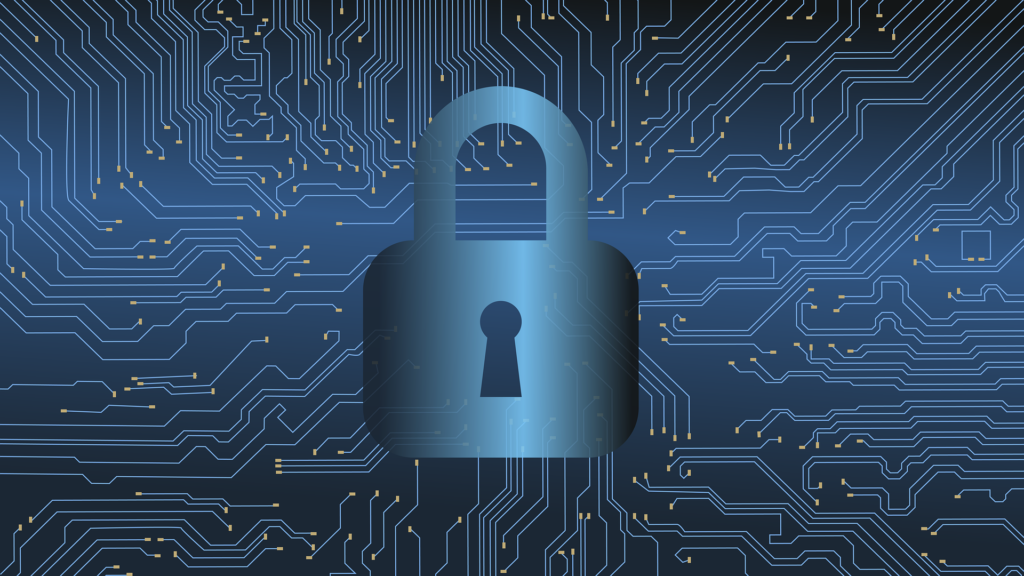Cybercrime Has Increased In Wales: Here’s How To Protect Yourself

Cybercrime is increasing worldwide, but in Wales alone, around 1,400 reports of cybercrime have been reported to Welsh police since the start of 2020. Over 600 of these reports said hackers targeted their social media accounts or e-mail. According to this 2021 ITV News article, one woman from Blaenau Gwent even said she watched in real-time as hackers got into her brand new Microsoft computer after they called her and pretended they worked for the American technology company. These hackers were so sophisticated they knew the woman’s name, address, and the license number of her new computer.
With these instances increasing in Wales and worldwide, cybercrime experts are warning the public to implement good cybersecurity practices to reduce their chances of data and account breaches. We will look at some of these recommended practices in this article.
Never Trust Anyone But The Source
When the woman from Blaenau Gwent received a call from someone saying they worked at Microsoft and they had her personal details, it was easy to be deceived. That is an example of a highly-evolved hoax, but there would have been some tell-tale signs that the person didn’t work for Microsoft. For example, always look for the company’s official email address or phone number.
If you’re receiving an email or call from an unknown sender claiming to be employed at, for instance, Microsoft or your bank, the chance that this is a scam is high. Likewise, most official businesses, especially financial institutions, will never contact you by email or ask you to validate personal information such as your account numbers.
Post With Privacy
One of the things that makes the job of cyber criminals so easy is that we give away so much about our lives on platforms like social media. With one post on Instagram, you may unknowingly be putting your identity and location out there for anyone and everyone to see, increasing your chances of stalking, account breaches, and even cyberbullying.
Protecting your posts by implementing active privacy measures is the best way to avoid these things. For example, based on ExpressVPN’s infographic on online privacy, you can ensure you’re posting with privacy by removing geolocation data and metadata from your photo before posting it. Similarly, you should only tag places in your photos after you’ve left. Cybersecurity experts also recommend never posting the places you frequent with the location attached.
Download Anti-Malware Programs
Malware attacks occur in different ways, but the most common include viruses and worms, as per GovNet Technology. Some are more obvious, such as ransomware attacks, whereas others, like Trojan horse attacks, use trickery and disguise to deceive people. Either way, downloading anti-malware software programs can prevent both from occurring.
Many programs operate similarly by scanning and reviewing incoming data to ensure the malware is not installed on a computer. Without anti-malware programs, hackers can compromise your identity and steal your credentials.
Cybercrime is already costing businesses worldwide trillions of dollars. That figure is expected to keep increasing ($10 trillion by 2025), but cybercrime awareness is also growing; this could help reduce or slow down the problem. The reassuring thing is that people can take matters into their own hands by implementing good cybersecurity practices such as never clicking on links or providing information to unofficial businesses, posting on social media with privacy settings turned on, and downloading anti-malware software.
